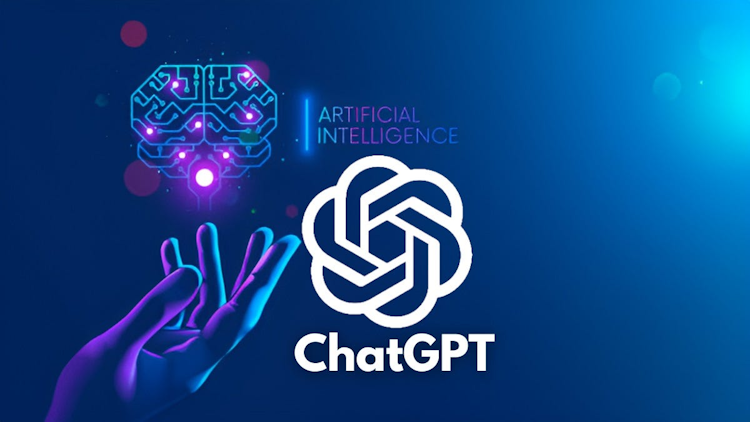
With the surge of ChatGPT and other applications deployed in recent months, artificial intelligence (AI) is becoming more and more important in the economy and in our daily lives. Can its impact on businesses and jobs threaten sustainability?
The size of the global AI market is expected to increase by +39% between 2022 and 2028 according to Bloomberg, to reach $422 billion. AI could improve business efficiency by more than 40% while reducing costs by 30% and its contribution to global GDP could amount to $15 trillion by 2030. We could expect that the social risks linked to the generalization of AI are inevitable: job losses linked to increasing digitalization of professions, replacement of human tasks by robotization, ethical challenges…What about it?
Revolution, usefulness, but also limits
AI is now well established in sectors of the economy via numerous applications, whether in the health sector (diagnosis and treatment of pathologies), cybersecurity (data processing and protection), finance (optimization of high-frequency portfolio management), agriculture (detection of irregularities to optimize soil fertility), waste management solutions, customer service (virtual agents) or even education (course management, help with the grading system ). These applications have direct repercussions, both positive and negative, on employment, the major pillar of sustainability.
Among the good news, AI is expected to create demand for skilled employees in computer data-related fields. According to the World Economic Forum, 97 million jobs are expected to be created for positions of big data specialists, data scientists, and business intelligence analysts to manage AI-related systems. Companies in all sectors including junk disposal and recycling will have to adapt by training their employees in these new technologies, so overall, job losses due to task automation are expected to remain lower, at around 85 million, for a net balance. positive employment of 12 million.
On the other hand, the limits of AI are real and they will not be able to compensate for human tasks such as emotional intelligence, understanding a context, or managing algorithm bias. AI also presents limits around data performance (risk of error, lack of interpretation of models) and security (protection of private data and risk of cyber attacks).
The consequences of the rise of AI go beyond the social and can be societal, with social classes more impacted than others in business lines. Indeed, white-collar workers are expected to be less replaceable than blue-collar workers.
AI, supervised by humans
Therefore, AI carries risks and opportunities for a sustainable future in America. AI will be mastered if it develops responsibly. According to recent developments by governing bodies, we can expect robust governance to guide its growth. Indeed, the attention of leaders and decision-makers in this area is growing:
- Regulations are more numerous: according to Stanford’s AI Index release, the number of bills containing the words “artificial intelligence” in 127 countries increased from 1 in 2016 to 37 in 2022;
- G7 leaders to launch working group to pilot “responsible AI”;
- The UN Council sets ethical rules by adopting preventive and control measures regarding AI;
- UNESCO calls for rapid implementation on AI ethics.
Taking AI deployment into account in sustainability analysis is becoming essential for investors as it extends to all sectors and geographies.
